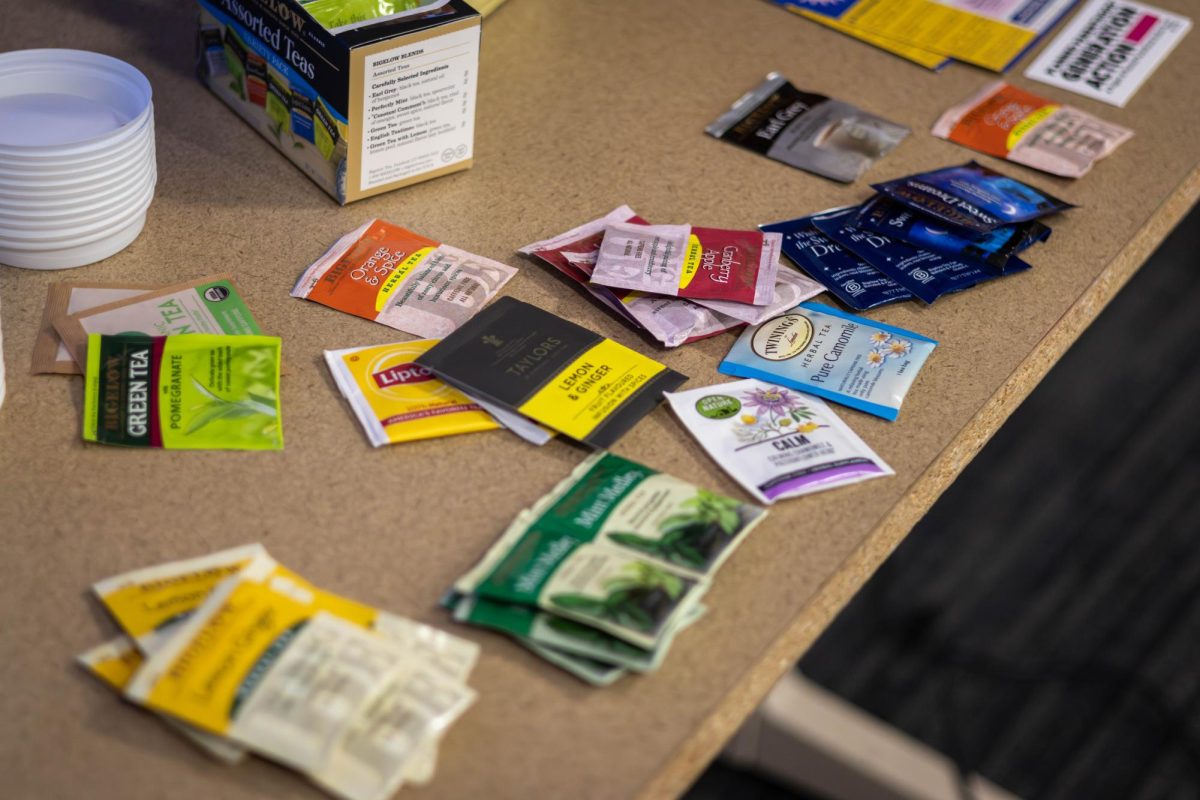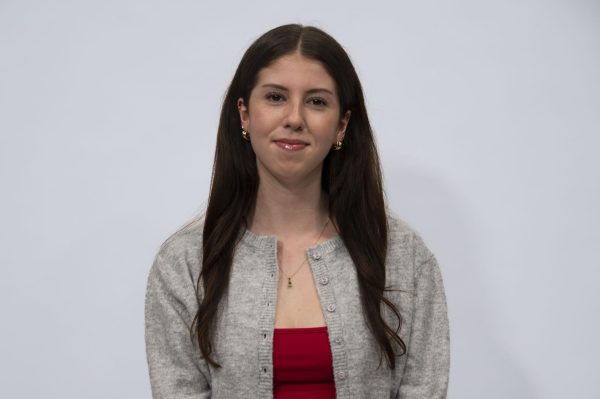In July 2022, Northeastern University piloted its Wellness Days program, allowing undergraduate students two days per semester to receive excused absences from their classes. The program, implemented by Student Life, the Student Government Association and Active Minds, has returned each semester since its inception, and for good reason.
Wellness days aim to benefit the mental well-being of Northeastern students. They allow students to recuperate from everyday stressors or take a personal day without fear of their grades being affected by missing a class.
Of course, there are limitations that prevent students from taking wellness days on exam days or to further extend long weekends, and taking a wellness day does not delay an assignment’s due date. These conditions keep students accountable for their education while still allowing them to take a break when they need one.
Students often rely on weekends to provide some relief when overwhelmed by classes and assignments. But in times of high stress, it can feel like the weekend cannot come soon enough. Having days that students can choose to take a needed break can give them a sense of control they might feel like they’re lacking under stress.
Beyond regaining control over stress, wellness days can also provide long-term benefits to student success. According to Mayo Clinic, a leading healthcare nonprofit, a wellness day can lead to “increased resiliency” and “productivity.” Taking wellness days can also help prevent absenteeism, meaning students would be less likely to frequently skip their classes.
Taking wellness days also decreases the overall likelihood of burnout, which I wrote about last month in regard to co-op. According to the Albert Einstein College of Medicine, student burnout presents with similar symptoms, like tiredness or “intellectual exhaustion.” Along with better productivity and attendance, a reduction in burnout can lead to better student outcomes in regards to their education, which can be appreciated by both students and professors.
The Wellness Days program allows students to take breaks that benefit them in many ways. And the program’s limitations encourage thoughtful thinking about when the best time to take a wellness day is, which helps students demonstrate maturity in making such a decision.
As of this semester, Wellness Days are still considered a pilot program. However, now that the program has been running for nearly two years, and I’ve seen many of my peers thrive because of it, I think it is time for Northeastern to permanently solidify Wellness Days. It would be unfortunate to see students suffer from the loss of such an advantageous resource that serves to help them succeed academically and mentally.
Kara Orsini is a columnist for The Huntington News. She can be reached at orsini.k@northeastern.edu.












